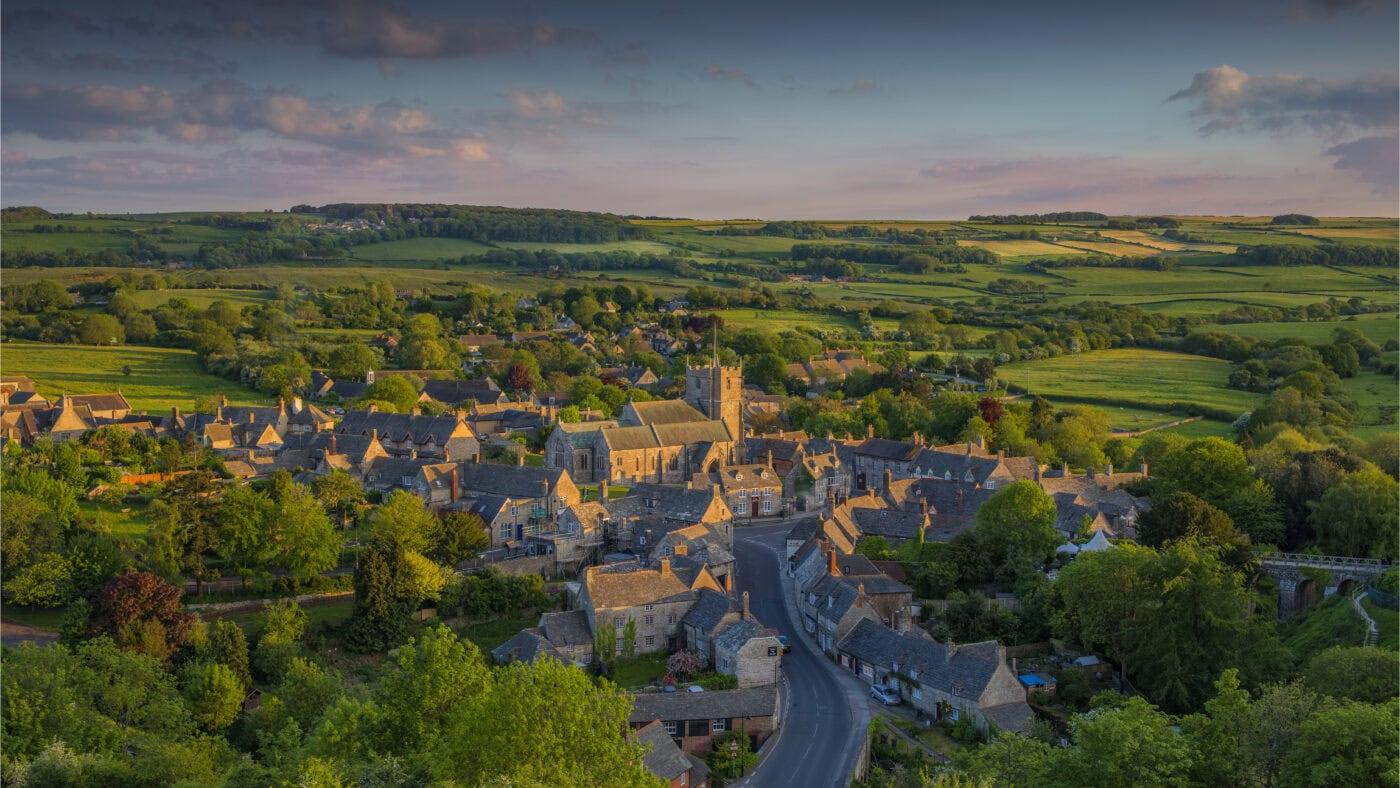Many smart people have set out – including on this site – the huge economic damage of our failure to build enough houses. But we should also acknowledge the substantial ramifications this has for our culture.
Before we look at supply, a quick word on demand. Over the last few years, Britain has seen mindboggling levels of immigration: over 1 million people per year from 2022 onwards, and net migration at or expected to be at least 820,000 people for the years 2022, 2023 and 2024. We have added as many people to Britain’s population as live in Leeds, this country’s third largest city, every year.
Even if we wanted to, we would never be able to build enough homes for these new arrivals. No housing policy has ever, could ever or will ever keep pace with that level of immigration – nor should we try. No housing policy will be democratically legitimate until we control the border, because any extra homes we build will immediately be absorbed by the demand coming from people moving to this country in numbers the public has explicitly and consistently voted to lower.
Let’s say, then, that we have control of the border and immigration numbers are drastically reduced. What other challenges are there in our housing market?
For centuries in Britain, we’ve built communities organically across cities and the countryside. Our nation combines dynamism and tranquillity, urban vitality and rural beauty.
Our cities are some of the most exciting in the world. London is a cultural and economic powerhouse – only New York can rival our capital for global prominence and significance.
And since at least the 13th century, people have moved around the country and formed new, organic communities. Cities have grown and shrunk according to the trends of the time. In the 1300s, York was England’s second city. By the 1500s, it was Norwich, and by 1750, it was Bristol.
Our villages and countryside offer a different way of life. Thousands of villages that were recorded in the Domesday Book still stand today. These places are ancient, rooted and constant. The most beautiful, of course, can be found in the constituency I represent – the Weald of Kent.
In both the city and the countryside, the growth of our communities has been organic and uniquely ours, shaped by deep instincts and time-honoured norms – homeownership, small family units, volunteering, mutual support and individual mobility.
Our distinctively English and British balance of personal independence and community thrives in the village hall and the PTA, the AmDram society and the Scout hut, the summer fete and the five-a-side football team. The city Jubilee street party looks different from the summer village cricket league, but both fundamentally come from the same approach.
This way of life, this tapestry of city and countryside communities, demands a property market that allows people to move into and within cities. It must also let villages preserve their character while facilitating the development they need to remain healthy.
Our current model delivers precisely the opposite.
Of course people want to move to London. It has the country’s highest average wages, the highest number of businesses and the highest number of startups. But we’ve failed to build enough homes in the capital. Without the homes we need, we have created a crowded and expensive property market in London, while exporting the city’s housing crisis.
In the 1930s, we built 70,000 new homes a year in London. Last year it was just 32,162. Rents are now so high that the average rent for a one-bedroom home in the capital is higher than the rent for a four-bedroom home in the North of England.
Many are forced to move into the commuter belt, creating a transient generation of young people who can’t put down roots where they work. It also drives up prices in the countryside, making homes unaffordable on local salaries.
Increasingly, villages are composed of people who sleep there but wake up at the crack of dawn to head into the city. At the same time, those who work in villages – the school teacher, the barman, the nurse – can’t afford to live there, and in turn become commuters.
How can we build a thriving mutual society like this? How can you sing in a choir that rehearses on a Wednesday night (when you are in the place that you work) but performs on a Saturday (when you are in the place that you sleep)? Or play for a sports team that practices in the week but competes at the weekend, or become a parish councillor, or do almost any of the voluntary work that communities need to be communities?
We’ve had the best of both worlds for hundreds of years, balancing bustling cities and idyllic shires. But now we’re failing both our cities and our rural communities, producing the worst of all worlds for both.
Click here to subscribe to our daily briefing – the best pieces from CapX and across the web.
CapX depends on the generosity of its readers. If you value what we do, please consider making a donation.


